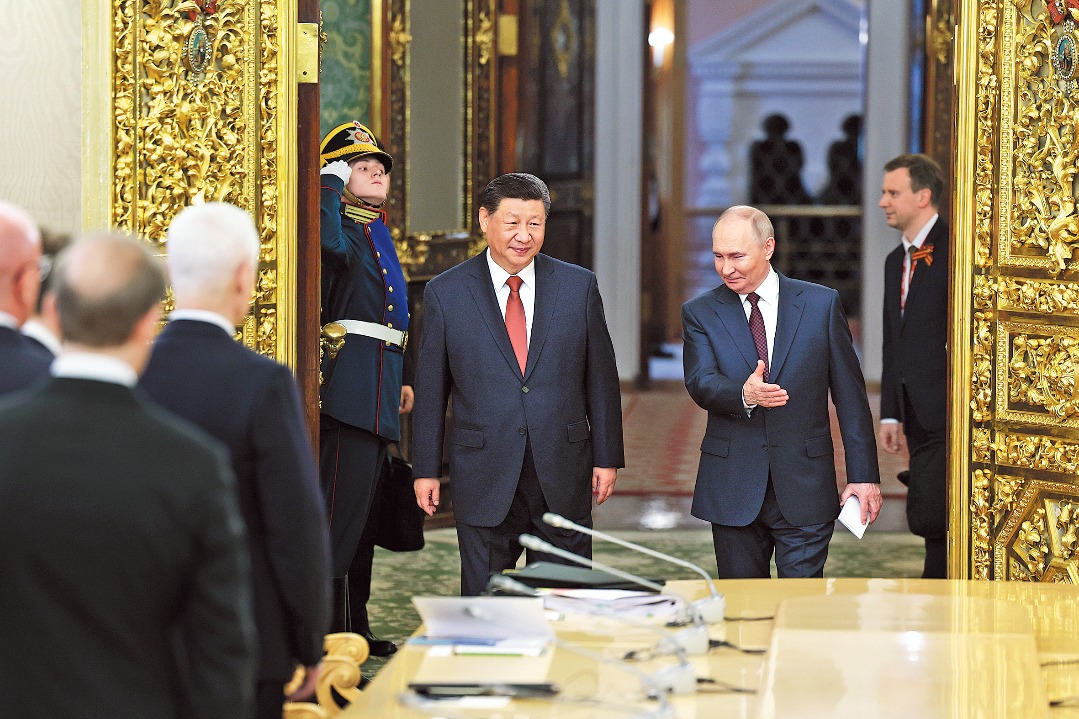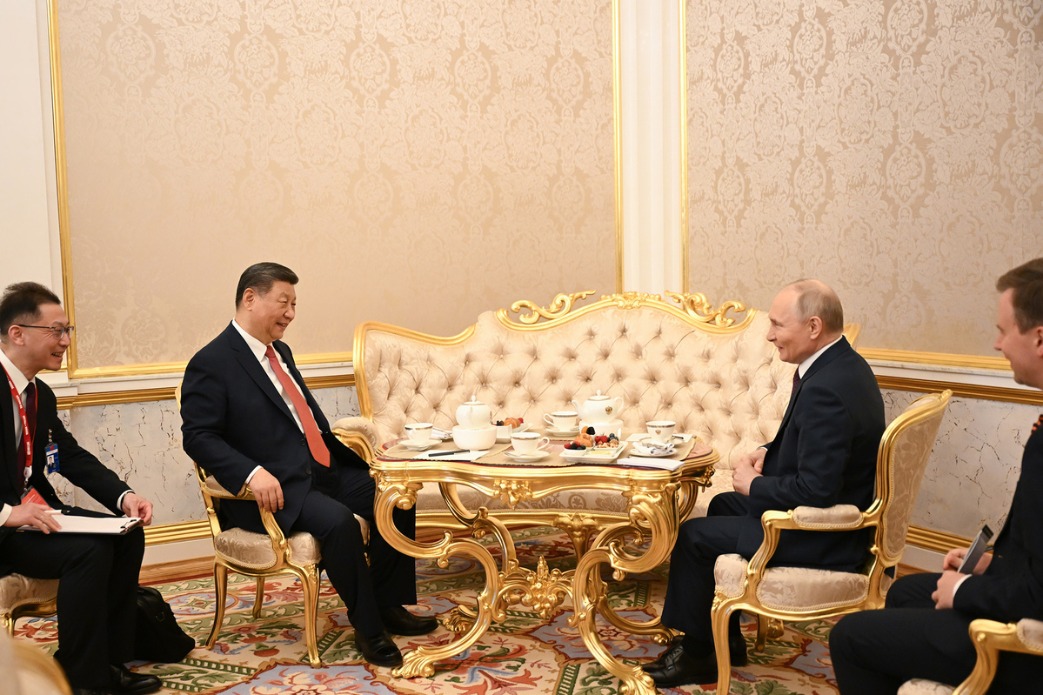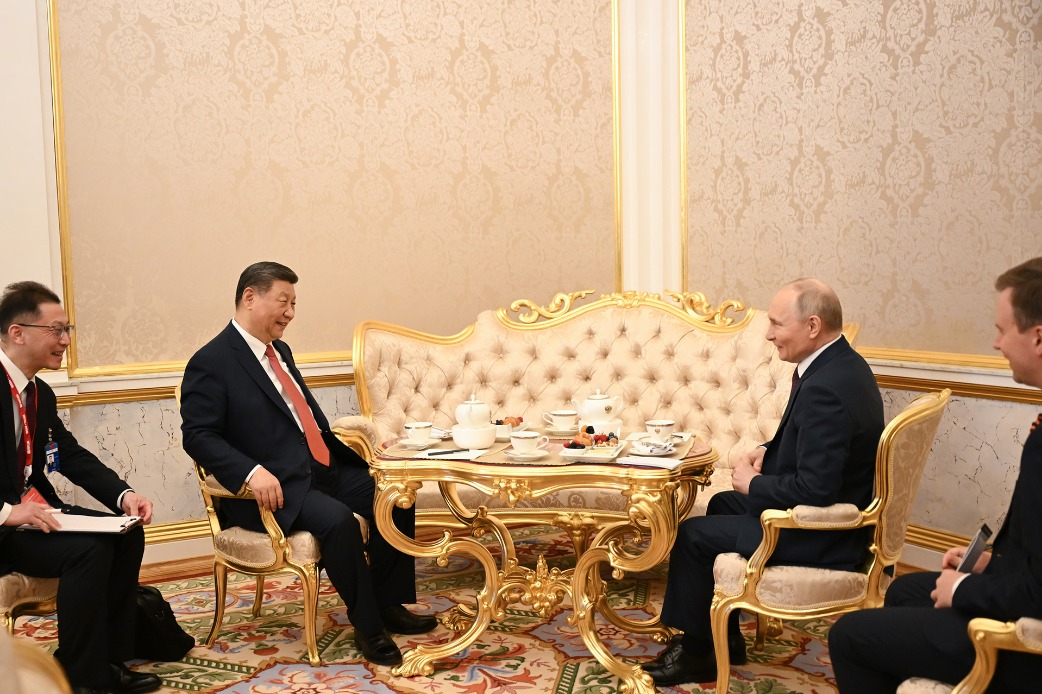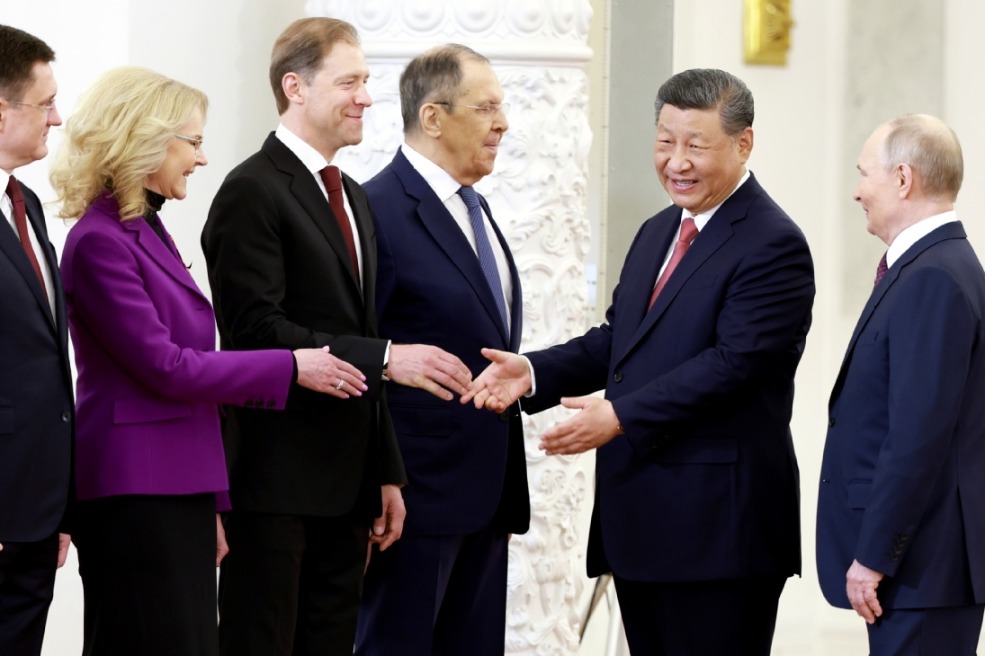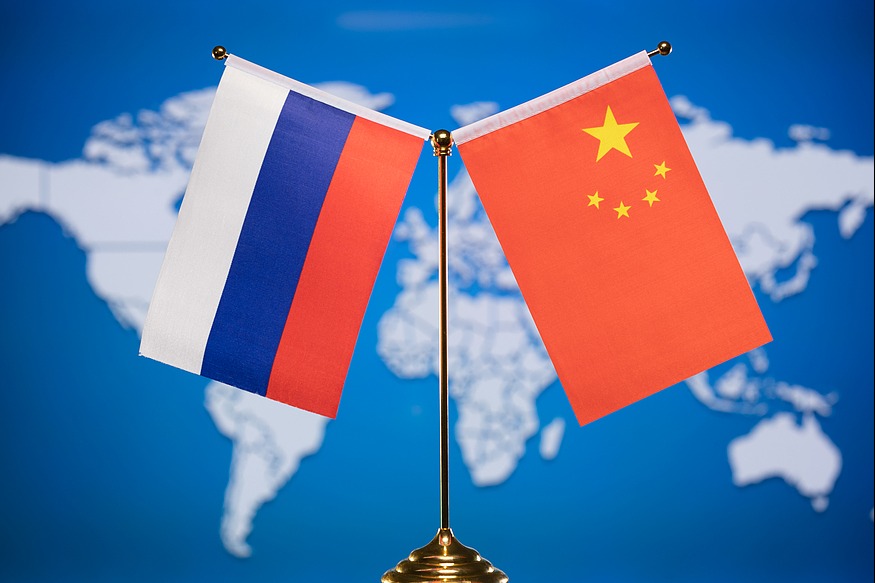Slow but sure
Initiating the Comprehensive Agreement on Investment between China and the EU on a country-by-country basis may help realize its full implementation


Editor's note: The world has undergone many changes and shocks in recent years. Enhanced dialogue between scholars from China and overseas is needed to build mutual understanding on many problems the world faces. For this purpose, the China Watch Institute of China Daily and the National Institute for Global Strategy, Chinese Academy of Social Sciences, jointly present this special column: The Global Strategy Dialogue, in which experts from China and abroad will offer insightful views, analysis and fresh perspectives on long-term strategic issues of global importance.
Initiating the Comprehensive Agreement on Investment between China and the EU on a country-by-country basis may help realize its full implementation
The Comprehensive Agreement on Investment between China and Europe represents an institutional design aimed at removing trade barriers, reducing transaction costs and minimizing uncertainties. It is encouraging that the agreement has received approval from the governments of China and the member states of the European Union. However, it is regrettable that due to political factors, the prospects of the CAI being approved by the European Parliament remain uncertain.
It is disheartening to see the potential of the CAI being wasted. The agreement could bring substantial trade benefits to both China and Europe. Currently, the European economy is sluggish, with Germany, the largest economy, experiencing two consecutive quarters of negative growth and entering a technical recession. Other major European economies, such as France and Italy, also face less-than-optimistic growth performance. China's economy has transitioned from high-speed growth to medium-high-speed growth. Therefore, both Europe and China need to expand their market size to support economic growth and increase employment. Against this backdrop, fully utilizing the CAI would be beneficial for both sides.
Considering the uncertainty surrounding the acceptance of the CAI by the European Parliament, it would be desirable for China and at least some EU member states' governments to take action based on the consensus reached in the CAI text, implementing the CAI in selected sectors to achieve an early harvest.
China made tremendous efforts to sign the CAI with the EU, including coordinating different interpretations among various government departments and market stakeholders regarding the degree and timeline of opening up the Chinese market. The impact of signing the CAI on the Chinese economy, in terms of both its breadth and depth, would be significant. The agreement is, in fact, a win-win result achieved by balancing the interests of all parties, particularly after a comprehensive assessment of the short-term, medium-term and long-term impacts that the CAI may bring. From China's perspective, the CAI is not only beneficial for China's deep integration into the international division of labor and continued expansion of trade benefits, but also conducive to domestic reforms and the construction of an open world economy. It is to be hoped that at least some EU member states will work with China to initiate the CAI in a bilateral manner.
In the current global geopolitical landscape, it is natural and understandable that EU member states have various concerns and challenges regarding the CAI. Nevertheless, China can proactively promote the implementation of the CAI.This can involve opening selected priority sectors to the EU countries, such as the unilateral opening of China's medical services industry mentioned in the CAI. While there is no indication that Chinese policymakers are considering this, we still believe that proposing such measures would strengthen China-EU economic and trade relations and contribute to the construction of an open world economy.
It is not difficult to imagine that this proposal may encounter resistance in China, as such an irreciprocal, unilateral implementation of the CAI could be perceived as a compromise or concession by China. Furthermore, once this idea is put into practice, it may cause short-term shocks in certain sectors, which could trigger negative reactions from affected groups or industries. Consequently, it would further increase the cost of policy coordination. The good news is that during our visit to Europe two months ago, we explained and discussed this concept with European experts and scholars. The majority of them expressed varying degrees of support for our proposal. Notably, we received extremely positive feedback, indicating that EU member states will not remain indifferent to China's unilateral, gradual and selective promotion of the CAI and will ultimately respond positively. We believe that once both sides engage in constructive interaction, the CAI will become a significant driving force for economic and trade cooperation between China and the EU in a unique way.
The author is a member of the Chinese Academy of Social Sciences and a chief expert of the National Institute for Global Strategy at the CASS. The author contributed this article to China Watch, a think tank powered by China Daily. The views do not necessarily reflect those of China Daily.
Contact the editor at editor@chinawatch.cn.

















